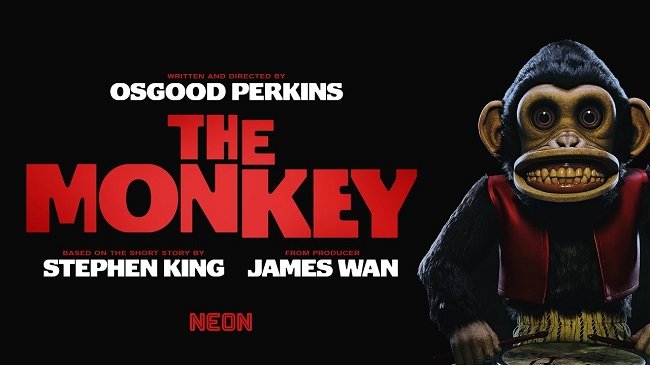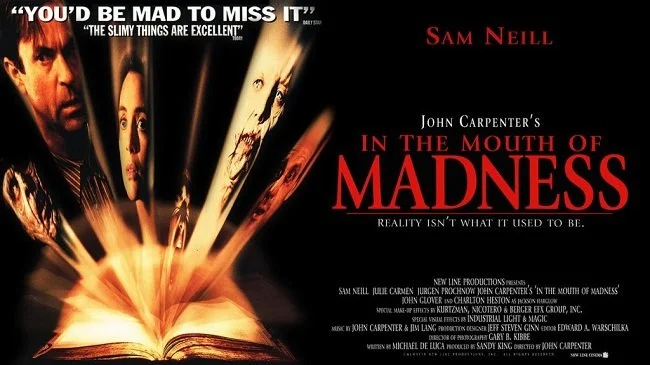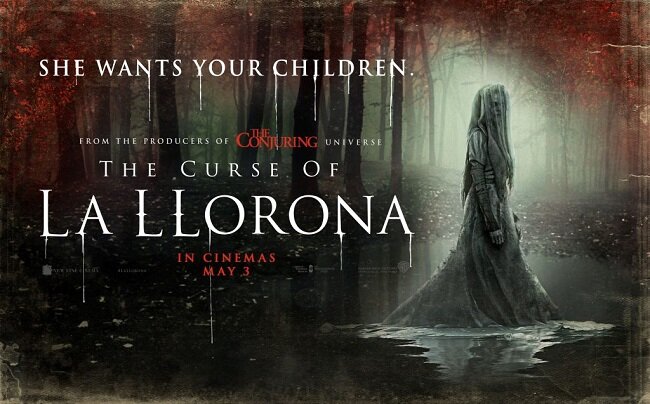Ouija (2014)
It boggles my mind that the American multinational toy and board game company Hasbro, currently holds the copyright and patent to a device that is essentially designed to communicate with the dead. How a tool of spiritualism became a commercial toy that was then marketed to a strongly Christian nation is a blog post in itself. However, this post is about the 2014 horror feature film based upon the Hasbro game. Hasbro like many leisure companies, has in recent years looked at ways to expand its business portfolio. Subsequently, in 2009 it set up a film division and licensed TV shows and movies based upon its toy and game back catalogue. Like their traditional products, these forays into film and television have proven lucrative. If you haven’t noticed, we’re already up to our fifth Transformers movie, with several more in pre-production.
The box office success of Paranormal Activity back in 2009 has led to a wealth of low budget, PG-13 rated, jump scare horror movies. The production cost to earnings ratio of this niche genre is often very favourable. Thus, it was logical from a business perspective for Hasbro Films to try and adapt the “Ouija board game” into a potential box office franchise. However, Ouija proved to be a troubled production and the movie went through extensive reshoots after test audiences reacted poorly to the initial edit. If you watch the various teaser trailers for the movie there is evidence of material that has been deleted or replaced. Certainly, there are continuity issues present in the Blu-ray version that I watched. Most of these are related to the cast appearance and hairstyles and don’t have any serious impact upon the narrative, although that itself is not without flaws.
When teenager Debbie (Shelley Hennig) commits suicide unexpectedly, her five best friends are profoundly troubled. Laine (Olivia Cooke) discovers that Debbie has been using a Ouija board and recording her experiences. Suspecting that this may have contributed to Debbie’s death, she convinces the rest of the group to hold a séance so they can contact her. They succeed in communicating with a spirit that claims to be Debbie, however it soon becomes apparent that the group has roused a malevolent force instead. Laine strives to learn the origins of this evil spirit as her friends start to die, one by one. Research subsequently reveals that Debbie’s home was previously owned by a celebrated medium Alice Zander and her two daughters. Once of whom, Paulina (Lyn Shaye) is currently incarcerated in a psychiatric hospital. Is Paulina the key to the mystery and can Laine find a way to defeat the evil force that pursues her?
What is striking about Ouija is that is so noticeably contrived. The screenplay has obviously been retooled numerous times, to accommodate the reshoot and then to facilitate the plot devices and the set pieces that the producers wish to utilise. For example, Laine’s father is introduced and within minutes leaves town on business, providing a convenient reason as to why five teenagers can have a supernatural adventure, free from the interference of the usual authorities. Although there is some meat on the bones of the central characters, others are simply cinematic placeholders and present purely to provide an adequate body count. Furthermore, although Ouija does provide satisfactory scares within the parameters of its rating, the set pieces are devoid of any originality. The imagery is all very generic, with its emaciated computer-generated spectres and sinister ghost children.
Despite its problematic “film by committee” production, Ouija is not a bad movie per se. It is competently made, has a satisfactory pace with an appropriate amount of scares throughout its running time. However, it commits perhaps the worst sin a genre move can. It is dull, perfunctory and very disposable. By the time I got around to watching the inevitable sequel (which is in fact a prequel), I had forgotten most of the events of Ouija. I had to refresh my memory via Wikipedia. It is this homogenous nature that is most saddening because it speaks of a genre that is being distilled down to an ever-decreasing number of tropes. Simply making a movie by arbitrarily including these aspects, does not make for great cinema. Nor does it improve the wider public perceptions of the horror genre. Yet, irrespective of these criticisms, Ouija made over $100 million at the box office. It cost just $5 million to make.




























